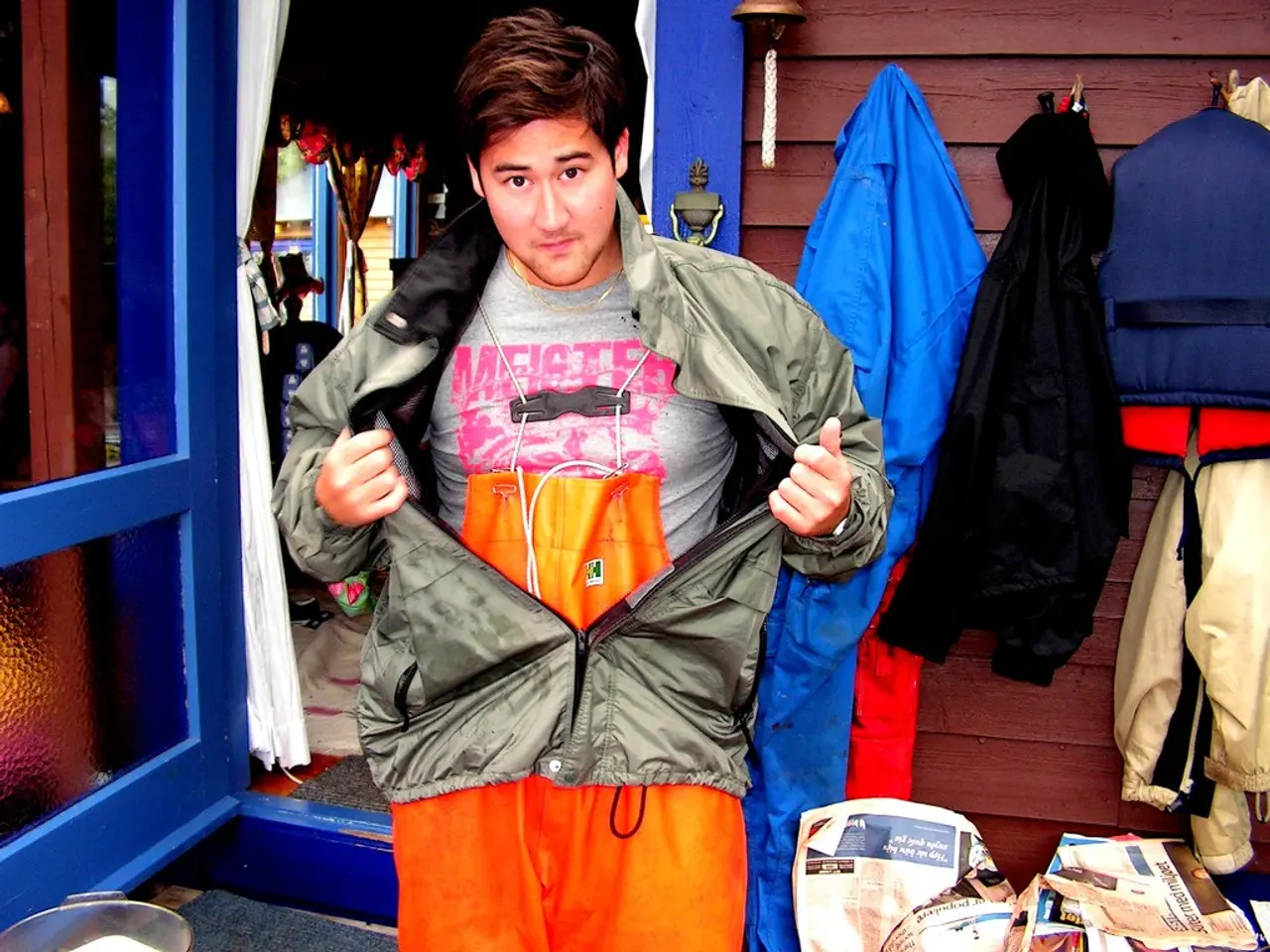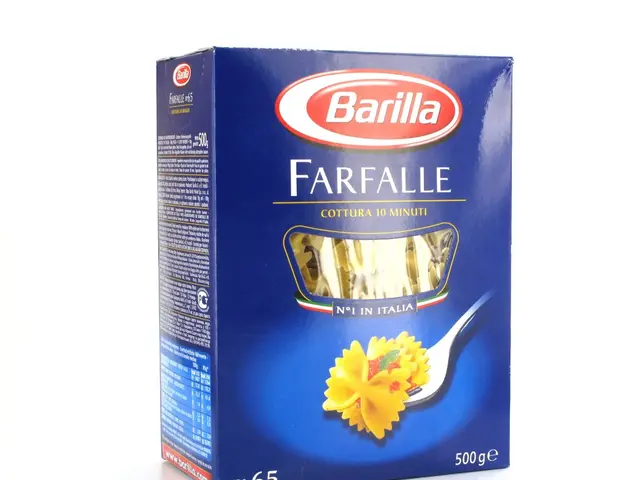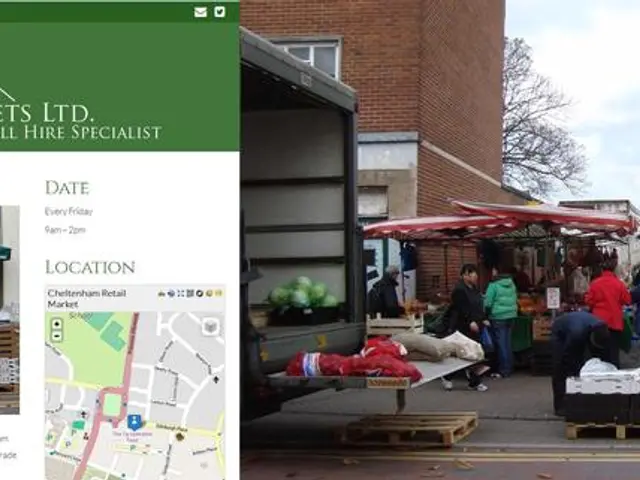Clothing brand DVF has discontinued its rental service, instead shifting focus to Rent the Runway.
In the ever-evolving world of fashion, two iconic brands, Diane von Furstenberg and Ralph Lauren, are taking bold steps towards sustainability and economic efficiency by venturing into the clothing rental market.
Recently, Diane von Furstenberg's clothing rental service, DVF Link, came to a halt. The brand, which faced financial difficulties including losses and retrenchment measures, closed many of its operations, including DVF Link, although specific reasons for the shutdown of DVF Link alone have not been explicitly disclosed.
Despite the closure of DVF Link, Diane von Furstenberg continues to maintain a significant presence with the online rental platform Rent the Runway.
Meanwhile, Ralph Lauren announced the launch of its own rental service this week, named "The Lauren Look." This move marks a significant shift in the luxury apparel sector, as traditional and high-end retailers explore their roles in the circular economy - an economic system aimed at eliminating waste and the continual use of resources.
The shift towards clothing rental and the secondhand market is driven by consumers who are increasingly engaged for environmental and economic reasons. According to recent predictions, the resale market is poised to reach $44 billion by 2029, and 11% of consumers have admitted to shifting their purchases based on environmental claims within the past year.
CaaStle, a company specializing in clothing rental platforms, collaborates with several brands, including Diane von Furstenberg, Eloquii, Gwynnie Bee, Express, Banana Republic, and Ann Taylor. However, the ongoing status of Diane von Furstenberg's partnership with CaaStle following the shutdown of DVF Link remains unclear.
Another player in the clothing rental market is ThredUp, which has recently filed for an initial public offering. The pandemic has led to a significant change in fashion trends and sales, with nearly half of consumers expressing increased concern about the environment.
Patrice Louvet, CEO of Ralph Lauren, envisions the closet of the future to include a mix of new, customized, and pre-owned clothing. As more fashion labels follow suit, the rental market is set to expand, offering a sustainable and cost-effective alternative to traditional retail.
In conclusion, the fashion industry is adapting to changing consumer habits by embracing clothing rental services. Iconic brands like Diane von Furstenberg and Ralph Lauren are leading the way, demonstrating that sustainability and economic efficiency can coexist with style and luxury.
- Amidst financial struggles, Diane von Furstenberg's clothing rental service, DVF Link, ceased operations, with specific reasons not fully disclosed, leaving its partnership status with CaaStle uncertain.
- Consumers are increasingly shifting their purchasing decisions based on environmental claims, driving the growth of the resale market, which is predicted to reach $44 billion by 2029.
- In this evolving landscape, iconic brands like Diane von Furstenberg and Ralph Lauren are explore rental services as a means to contribute to the circular economy, a system aimed at resource conservation and waste elimination.
- Ralph Lauren, inspired by a vision of the future closet that includes new, customized, and pre-owned clothing, has recently launched its own rental service, "The Lauren Look."
- As traditional and high-end retailers adapt to this shift, other players like ThredUp, which recently filed for an initial public offering, are capitalizing on the growing interest in sustainable and cost-effective clothing alternatives.
- The ongoing pandemic has led to a significant change in fashion trends and consumer concern about the environment, paving the way for the expansion of the clothing rental market as a viable, stylish, and eco-friendly alternative to traditional retail.




